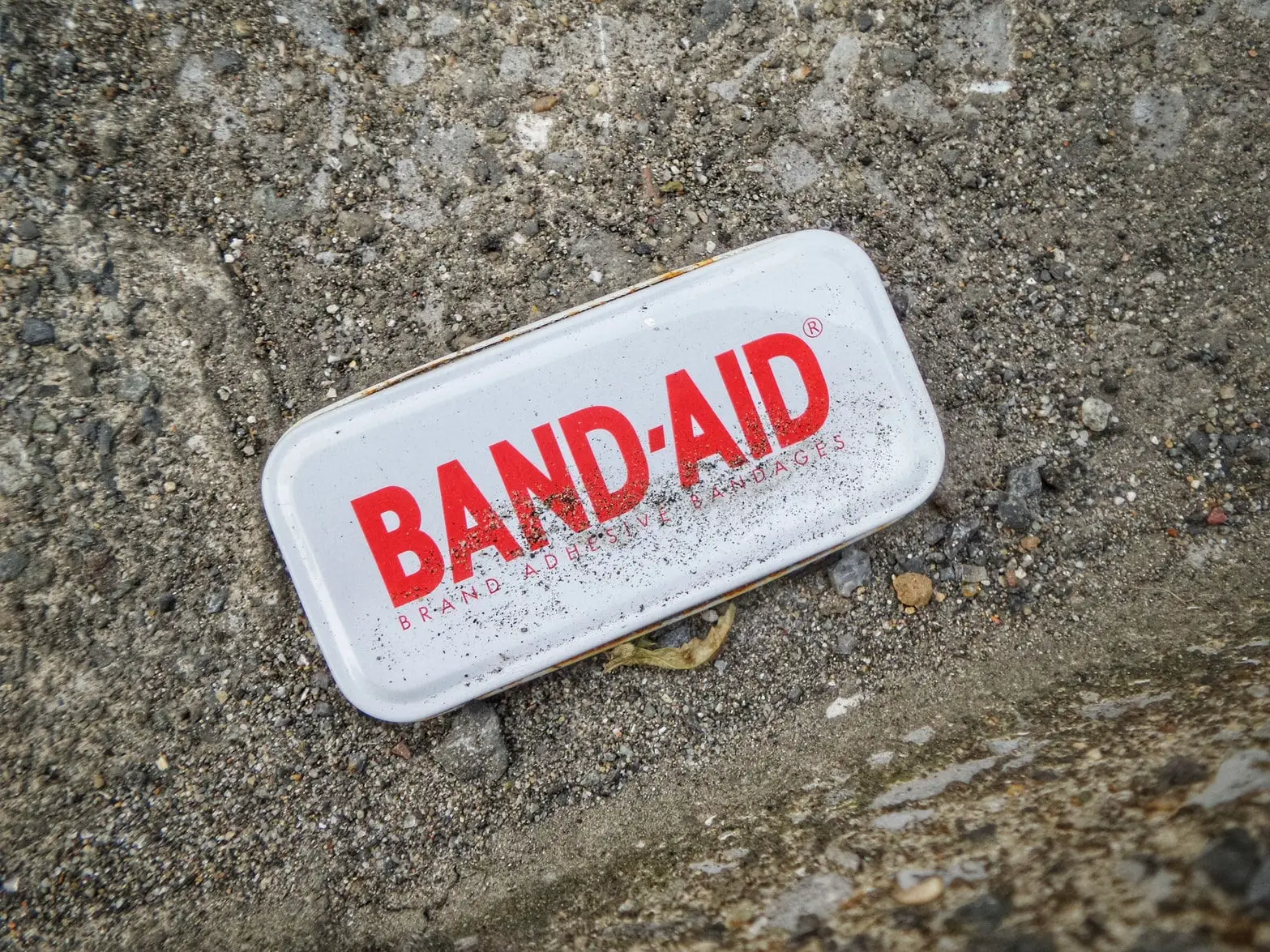Yesterday (Tuesday) the Isle of Wight council issued a press release announcing an extra £4.8m for schools in the coming financial year.
The council said the extra investment would lift per pupil funding to a minimum of £5,000 for secondary school students next year (from April and £3,750 for primary school pupils.
Balancing against cuts already made
As was picked up by several readers, this cash boost follows in the footsteps of £11m cuts of funding to schools over the last five years.
The Isle of Wight Branch of the National Education Union (NEU) responded that,
“Two secondaries are announcing staffing restructures with redundancies this month. Yearly shortfall for Island schools £2.3m since 2015.”
Shreeve: “Will not have the full optimistic impact that politicians suggest”
Peter Shreeve, Assistant District Secretary of the Isle of Wight branch of the NEU, told OnTheWight,
“£4.8 million whilst welcome, it is insufficient. This £4.8 million breaks down into:
- £3.5 million for mainstream schools. This is really welcome and appears a huge sum. However, last September, the Island in-year schools budget overspend forecast was £1,147,000. Assuming that deficit has not increased and the money will pay the deficit, we are left with less than £2.4 million.
- £1.2 million for special educational needs and disabilities (SEND). Again, really welcome. However, the previous year’s high needs deficit was £908,000. Therefore, there is £292,000 remaining.
“An increase, for which we are grateful, but it will not have the full optimistic impact that politicians suggest. For many years Island High Needs provision has been cut. Cuts are being planned again for September. Look at paragraph 22 of the latest school’s forum committee report from the 15th January, which offers centralised SEND cuts of £450,000, in an attempt to balance budgets. If these cuts are to go ahead, then much needed support for local pupils will be further withdrawn.”
Councillor Paul Brading, Cabinet member for children’s services, said,
“While I would question the figures quoted by School Cuts, I do recognise that more funding is needed to support our schools.
“Yesterday’s announcement of an extra £4.8 million for Island schools is a step in the right direction, however, we must and will continue to press the government for further investment.”
Peter went on to add,
“In June, the Education Select Committee described national SEND funding as “completely inadequate”.
“Isn’t this true even more locally? The LA has been forced to rack up massive deficits in their High Needs Block spending. The latest figures show 4.4% of all Island students have statements or ECH Plans – the highest proportion in the South East and the fourth highest nationally!”
Early Years funding
Peter went on to say,
“The DfE’s own research shows that most people working in early years are on the National Living Wage. These recent rising costs have risen by 13.5% and after three years of a funding freeze have impacted hard on Early Years.
“Early years funding has seen a slight increase in the national funding, adding 8 pence per child per hour across national funding rates.
“In the meantime, this extra £129,000 or 1.9% more compared to 2019/20 after this 3-year funding freeze is insufficient, especially when you consider inflation has been over 2% (and as high as 3%) in 2 of the last 3 years.
“We are acutely aware nursery school funding is insufficient and stopgap measures or allocating money to plug early years holes needs to cease.
“The Government must make a funding commitment in the Budget on 11 March that secures the long-term future of maintained nursery schools.
“If they do not, more nursery schools will simply be put at risk of closure.”
He finished by adding,
“In Dickens’ David Copperfield, Mr Micawber’s recipe for happiness was “Annual income twenty pounds, annual expenditure nineteen six, result happiness. Annual income twenty pounds, annual expenditure twenty pound ought and six, result misery.”
“We are grateful for the funding, but it doesn’t fill the black hole of previous years. There were several restructures and redundancies last year and this year it continues. If Mr Micawber is correct, it is likely that there’s more misery to come!”
School Cuts analysis
Last Autumn analysis by the School Cuts coalition showed:
- Children in almost all local authorities in England are still losing out, as the allocation to schools in 2020/21 still needs £2.5bn to reverse the cuts which have taken place since 2015.
- Around one third of all schools will see real-terms cuts to their budgets 2020/21 because school costs are greater than inflation.
- There will still be a shortfall of £1.1bn 2020/21 in the funding required to reverse devastating cuts in 16-19 education.
- Even after an additional £700m, the High Needs Block will still be £1.5bn short of what is needed to support the education of the most vulnerable children and young people.
IWC response
OnTheWight has asked Cllr Brading how the £4.8m promised from April squares with the £11m+ cut over last five years. We’ll add his response once we hear back.
Article edit
18.55 – comment from Paul Brading added




